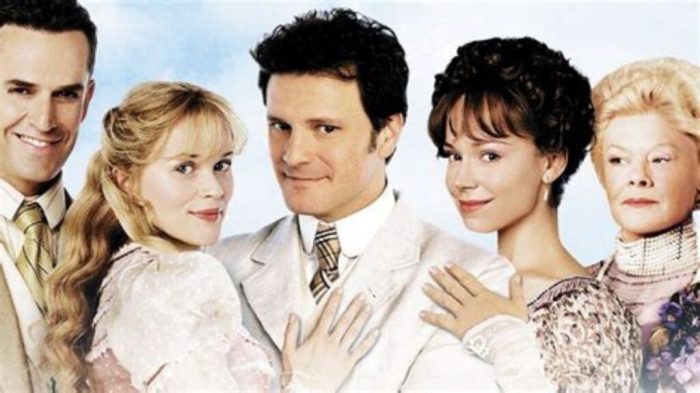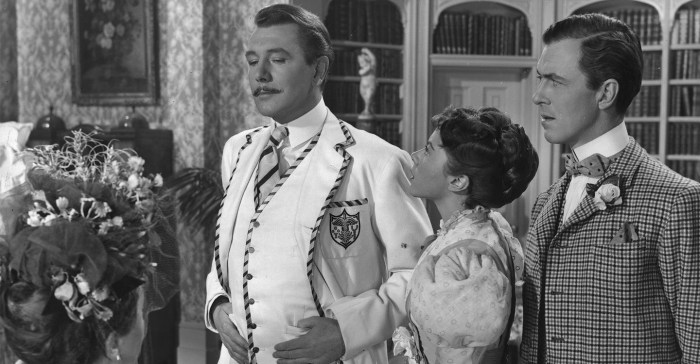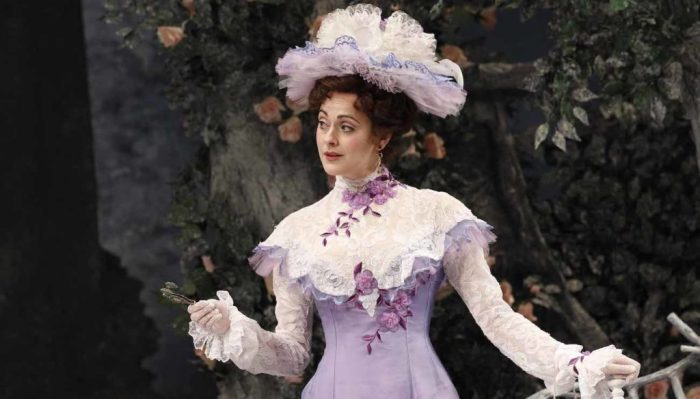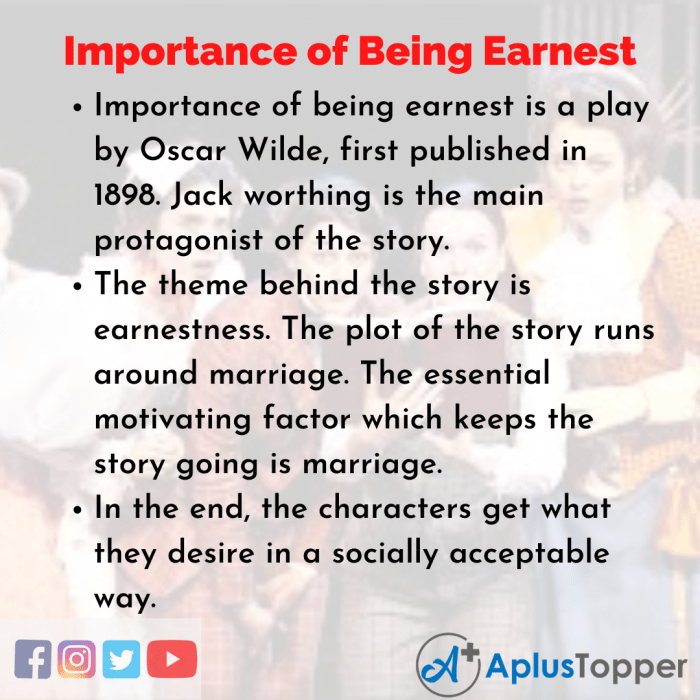The importance of being earnest monologue – Delving into the realm of Oscar Wilde’s wit and social commentary, “The Importance of Being Earnest” presents a captivating monologue that explores the complexities of identity, deception, and social conformity. This monologue, delivered by the enigmatic character Jack Worthing, serves as a microcosm of the play’s broader themes, offering a profound insight into the nature of Victorian society.
Through the lens of Earnest’s monologue, we witness the intricate web of deception that Jack weaves in order to escape the confines of his social obligations. By creating the alias “Ernest,” Jack seeks to create a separate persona that allows him to indulge in his true desires without facing the consequences.
This act of self-invention raises questions about the fluidity of identity and the extent to which we can shape our own realities.
The Importance of Being Earnest Monologue

Oscar Wilde’s “The Importance of Being Earnest” is a witty and satirical play that explores themes of identity, deception, and social conformity. Earnest’s monologue, a pivotal moment in the play, reveals the complexities of Jack Worthing’s character and his reasons for creating the alias “Ernest.”
The Play’s Context
Written in 1895, “The Importance of Being Earnest” is a product of the Victorian era, a time of strict social conventions and rigid class distinctions. The play satirizes these social norms, exposing the hypocrisy and absurdity that often accompanied them.
Earnest’s Monologue
Jack Worthing, a young gentleman, creates the alias “Ernest” to escape the responsibilities of his country life. Through this alter ego, he can indulge in the pleasures of London society without tarnishing his reputation.
Earnest’s monologue reveals the significance of the “Bunburying” concept, which refers to the act of creating an alter ego to avoid social obligations. This concept highlights the tension between the desire for freedom and the constraints of society.
Themes and Motifs
Earnest’s monologue explores several major themes:
- Identity: Jack’s creation of “Ernest” questions the nature of identity and the fluidity of the self.
- Deception: The play revolves around the consequences of deception, both intentional and unintentional.
- Social Conformity: Earnest’s monologue satirizes the pressures of conforming to social expectations.
Literary Devices, The importance of being earnest monologue
Wilde employs several literary devices in Earnest’s monologue:
- Irony: The monologue is full of ironic statements, such as Jack’s claim that “Ernest” is “a pure creation of the imagination.” This irony highlights the disconnect between Jack’s true self and his alter ego.
- Wit: The monologue is known for its witty dialogue, which provides comedic relief while also exposing the absurdity of social conventions.
- Satire: The monologue satirizes the superficiality and hypocrisy of Victorian society, particularly its emphasis on appearances and reputation.
Characterization
Earnest’s monologue reveals the complexities of Jack Worthing’s character:
- Inner Conflict: Jack struggles between his desire for freedom and his fear of social disapproval.
- Moral Ambiguity: Jack’s actions are both selfish and understandable, blurring the lines between right and wrong.
- Growth and Change: Through the monologue, Jack begins to realize the consequences of his deception and the importance of authenticity.
Performance Considerations
Actors must carefully consider how to approach Earnest’s monologue:
- Emotional Range: The monologue requires actors to convey a range of emotions, from humor to pathos.
- Physicality: Actors must use their physicality to express Jack’s inner turmoil and the tension between his two identities.
- Subtlety: The monologue should be delivered with subtlety, allowing the audience to infer Jack’s motivations without being overly explicit.
FAQ Insights: The Importance Of Being Earnest Monologue
What is the significance of the “Bunburying” concept in the play?
Bunburying refers to the practice of creating a fictitious invalid relative named Bunbury as an excuse to escape social obligations. It symbolizes the desire to escape the constraints of society and indulge in one’s true desires.
How does Jack Worthing’s character develop through his monologue?
Jack’s monologue reveals his inner conflicts and motivations, exposing his desire for freedom and authenticity. Through his deception, he grapples with the consequences of his actions and ultimately comes to a deeper understanding of himself.
What literary devices does Wilde employ in Earnest’s monologue?
Wilde uses irony, wit, and satire to create a humorous and thought-provoking tone. Irony highlights the contrast between characters’ intentions and their actions, while wit and satire expose the absurdity and hypocrisy of Victorian society.



